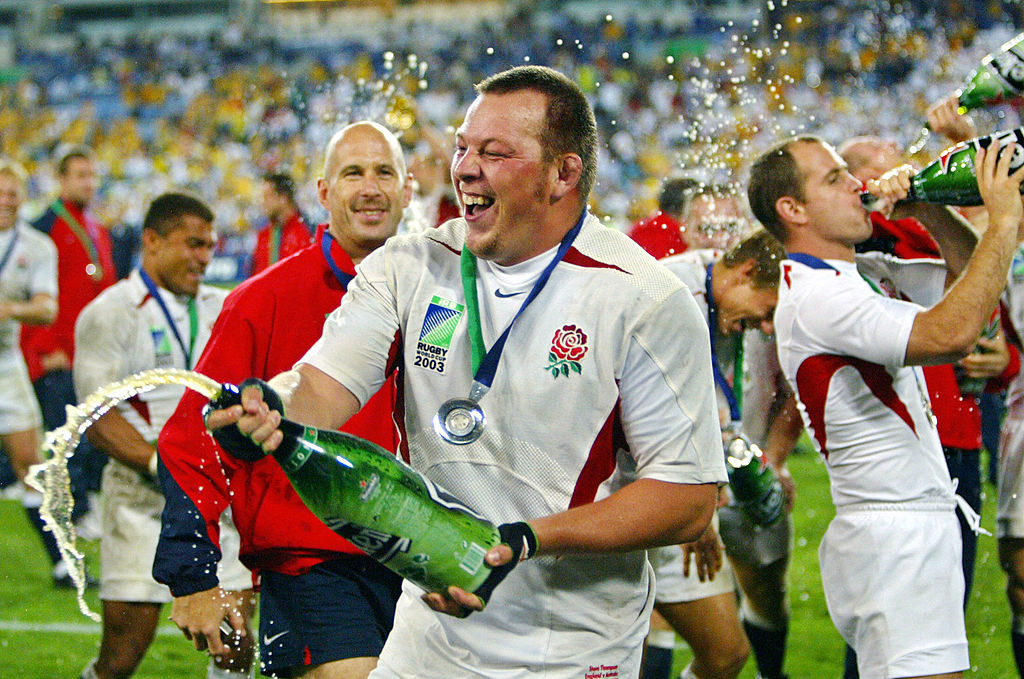The Six Nations begins today, bringing joy into the hearts of millions of rugby fans. It will, as ever, be a predictably unpredictable tournament – there are always upsets – which will showcase great athletic skill, close teamwork and raw physical courage; and like the first snowdrops, it is one of those reliable harbingers of spring guaranteed to lighten the gloom of cheerless February days. But this year, hovering in the background, is a spectre at the feast; the fast-accumulating evidence that rugby is a danger to the players’ health and well-being.
The truth is that many rugby spectators, who love the game, end up feeling guilty. Celebrating a huge momentum-stopping collision in midfield, or a brutally effective ‘clear-out’ by forwards at the ruck, is much less fun when you remember that the players might be jeopardising their long-term welfare.
The story of Steve Thompson, one of the heroes of England’s 2003 World Cup-winning squad who has, aged 42, been diagnosed with early-onset dementia and probable chronic traumatic encephalopathy is one that wrings the heart.

Britain’s best politics newsletters
You get two free articles each week when you sign up to The Spectator’s emails.
Already a subscriber? Log in






Comments
Join the debate for just £1 a month
Be part of the conversation with other Spectator readers by getting your first three months for £3.
UNLOCK ACCESS Just £1 a monthAlready a subscriber? Log in